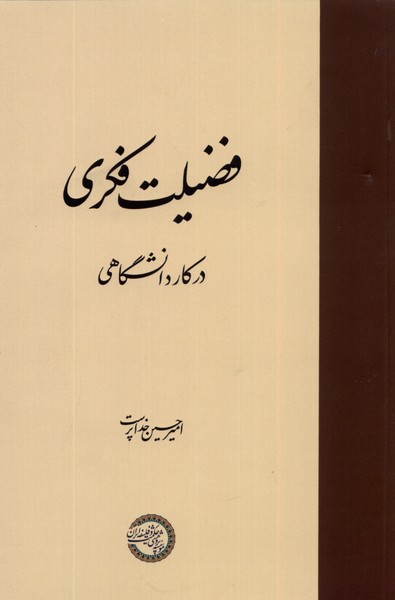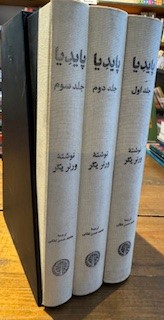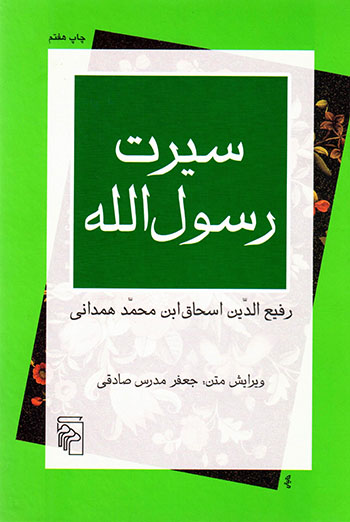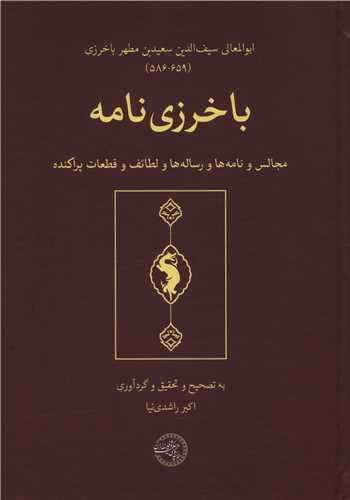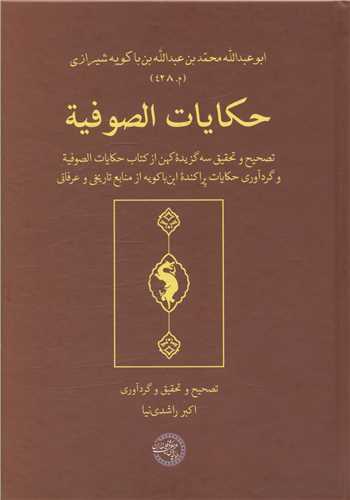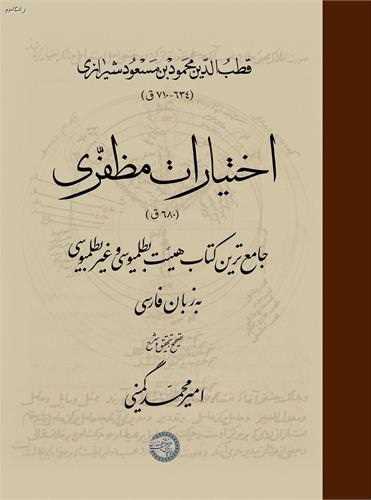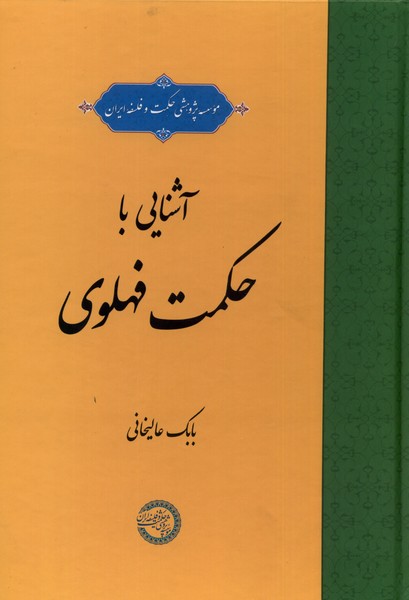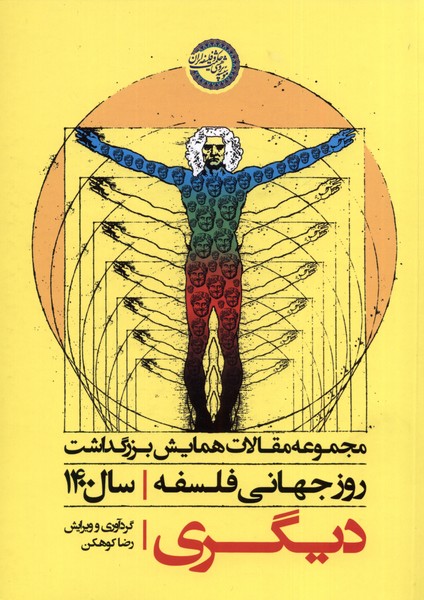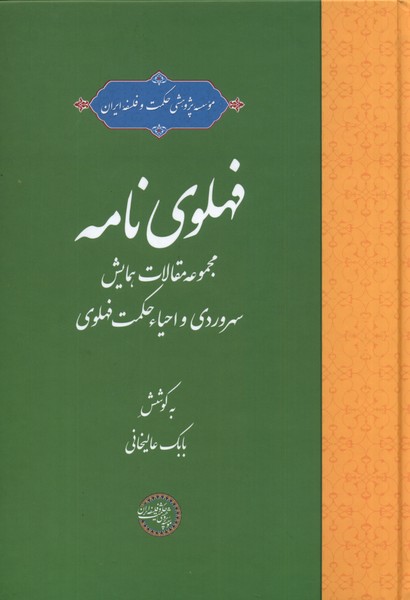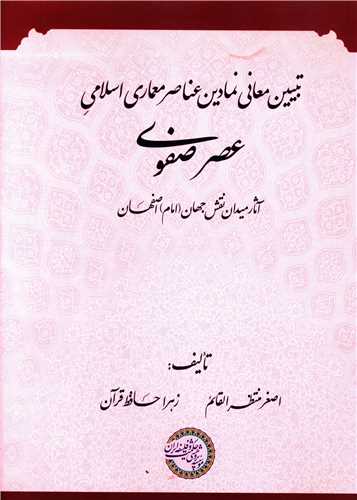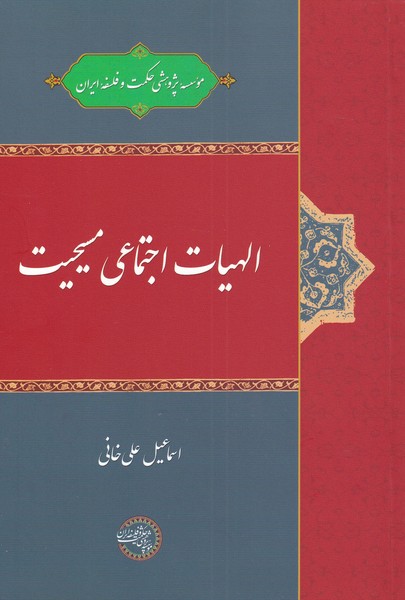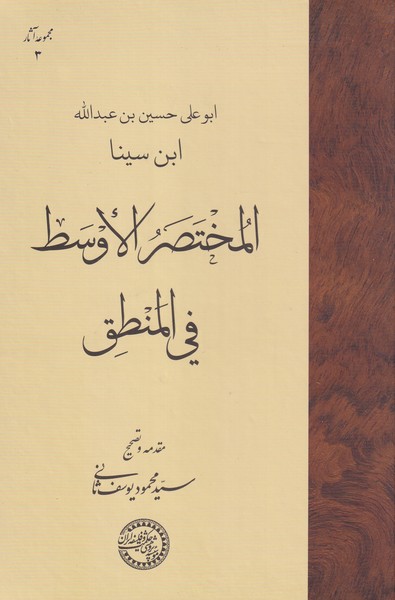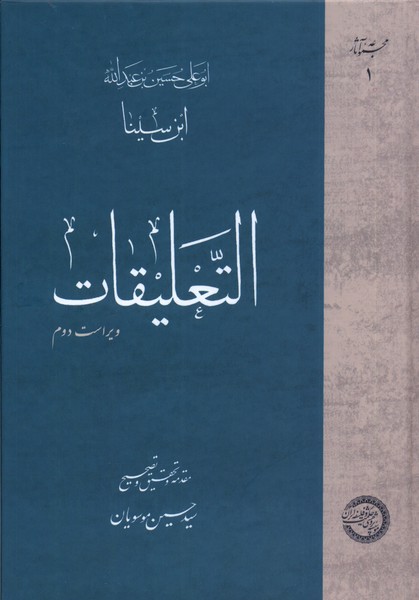فضیلت فکری در کار دانشگاهی فارسی 1402
Faz̤īlat-i Fikrī dar Kār-i Dānishgāhī
231 SEK
اشتراکگذاری
Wishlist
عنوان اصلی:
فضیلت فکری در کار دانشگاهی
شابک:
9786226331326
گروه سنی:
بزرگسال
صفحات:
458
وزن:
548 g
ابعاد:
18 x 25 x 4٫3 cm
جلد کتاب:
شومیز
Academic activity includes a variety of speech and actions that, like any other voluntary human speech and action, can be subjected to moral judgment. These judgments can be negative and refer to actions that reduce the value of academic activity; In this case, parts of the university activities are considered wrong from the moral point of view, and the university person is prevented from committing them; Also, they can be positive and show actions that add to the value of university activity; In this case, some parts of academic activities are considered morally right and even, in a stronger expression, duty. Is this general understanding of the ethics of academic activity sufficient for the moral evaluation of what academics do and can it be a guide for their moral development? The main argument of this book is that the theory of virtue, both in its practical and intellectual aspects, provides a suitable theoretical basis for evaluating academic activity. Moral and intellectual virtues are traits that can make academic activity perfect and, on the other hand, moral and intellectual vices are traits that degrade academic activity and prevent it from functioning properly and valuable. In addition to the importance of virtuous secretarial traits in each person, the structure in which people live and work must have characteristics that enable the emergence of these traits. Accordingly, in addition to the virtuous character of academics, we need a university as a virtuous institution, a free, independent institution with virtuous academic relations. Looking at the life and practice of virtuous academic models is our guide to adorning moral and intellectual virtues in university work and building the university into a virtuous institution.
more
فعالیت دانشگاهی دربردارندۀ انواعی از گفتارها و کردارها است که همچون هر گفتار و کردار انسانی ارادی دیگر، میتواند در معرض داوری اخلاقی قرار گیرد. این داوریها میتوانند سلبی و ناظر به اعمالی باشند که از ارزش فعالیت دانشگاهی میکاهند؛ در ایـن صـورت، اقسـامی از فعالیـتهای دانـشگاهی، از نـظـر اخــلاقــی، نـادرســت شـمــرده مـیشــونــد و شـخـص دانــشگـاهـی از ارتــکاب آنها بازداشتـه میشود؛ همچنین، میتوانـنـد ایجابی باشند و اعمالی را نشان دهند کـه بر ارزش فعـالیـت دانـشگاهی میافزاینـد؛ دراین صورت، اقـسامـی از فعالیتهای دانشگاهی، از نظر اخلاقی، درست و حتی، بهبیانی قویتر، وظیفه شمرده میشوند. آیا این تلقی کلی از اخلاق فعالیت دانشگاهی برای ارزیابی اخلاقی آنچه دانشگاهیان انجام میدهند کفایت میکند و آیا میتواند راهنمایی برای رشد اخلاقی آنان باشد؟ استدلال اصلی این کتاب آن است که نظریۀ فضیلت، هم در وجه عملی هم در وجه فکری خود، برای ارزیابی فعالیت دانشگاهی مبنای نظری مناسبی فراهم میکند. فضیلتهای اخلاقی و فکری خصلتهایی هستند که میتوانند فعالیت دانشگاهی را کمال بخشند و، در نقطۀ مقابل، رذیلتهای اخلاقی و فکری خصلتهایی هستند که فعالیت دانشگاهی را تنزل میدهند و از کارکرد مناسب و ارزشمند باز میدارند. علاوه بر اهمیت خصلتهای منشی فضیلتمندانه در تکتک افراد، ساختاری نیز که افراد در آن زندگی و فعالیت میکنند باید از ویژگیهایی برخوردار باشد که ظهور این خصلتها را میسّر کند. بر همین اساس، علاوه بر منش فضیلتمندانۀ دانشگاهیان، نیازمند دانشگاه بهمثابۀ نهاد فضیلتمند هستیم، نهادی آزاد، مستقل و واجد روابط دانشگاهی فضیلتمندانه. نگریستن به زندگی و عمل الگوهای دانشگاهی فضیلتمند راهبر ما به سوی آراستگی به فضیلتهای اخـلاقـی و فکــری در کــار دانـشگاهـــی و ســاختــن دانــشــگاه بــهمنـزلۀ نـهــادی فضیلتمند است.
more

